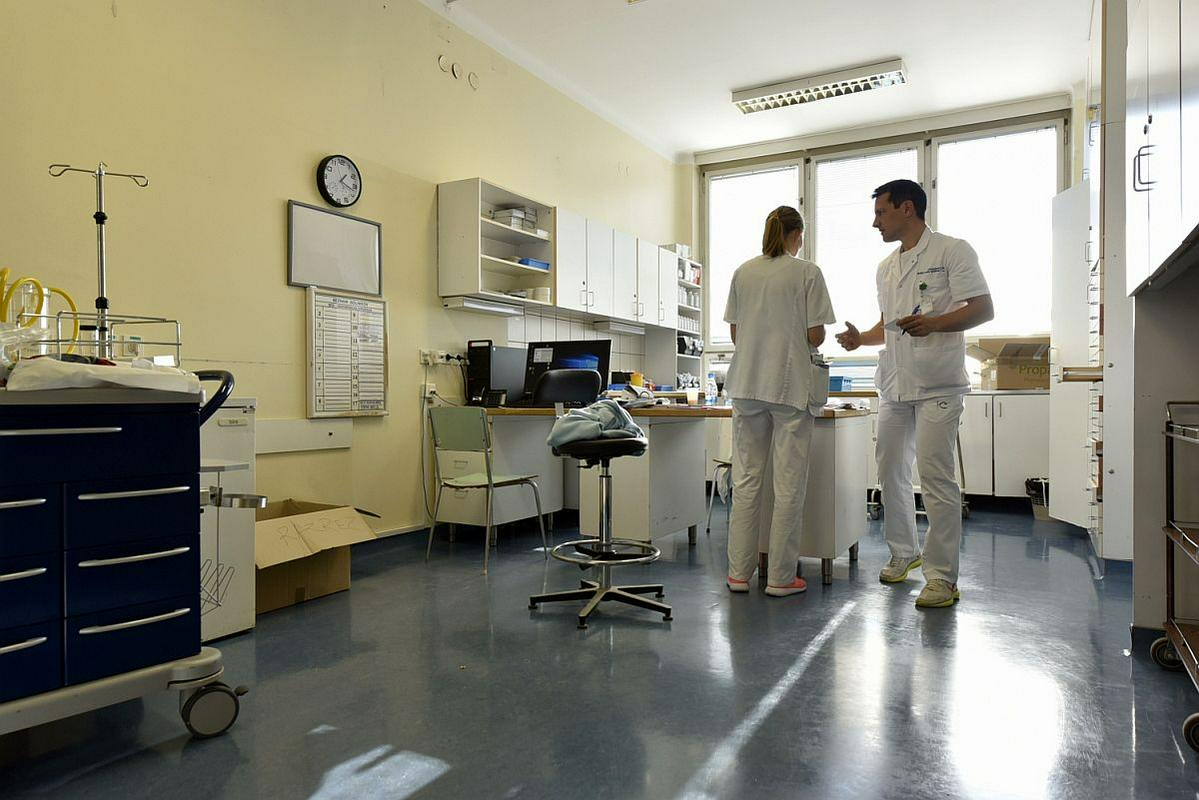
Over the past years the biggest loss, 80 million euros, was incurred by the University Medical Center UKC Ljubljana. Slovenia’s biggest hospital now also has a new medical director. The hospital’s council appointed Jadranka Buturovič Ponikvar to the position, who has been working at the UKC for almost 30 years. Since 2015, Buturovič Ponikvar has been the head of the nephrology department, which has almost 200 employees.
The council elected Jadranka Buturovič Ponikvar to a four year term by a substantial majority. However, the council will soon have another meeting to discuss the dismissal of the UKC management. The management had a deadline until midnight to respond to the motion. That means that the date of the actual appointment of Buturovič will depend on the dismissal process.
Urologist Jadranka Buturovič Ponikvar will take over after the probable dismissal of current medical director Marija Pfeifer, or after Pfeifer retires on the 2nd of January next year. In her program, Buturovič Ponikvar does not mention solving the situation at the children’s cardiology department, which sparked the calls for dismissing Pfeifer and the director general Kopač. But she did respond to the current conditions at the UKC Ljubljana, promising positive work, better relations and more connectedness: "I am aware that my principal task will be to maintain the high level which has been attained and to enable a further development of the UKC within stable, peaceful and creative conditions. This is why my work will be in unifying and binding. I will also direct all the employees to that which connect us – our care for patients."
Because of the care for patients the first and most important goal will be to do away with the unacceptably long hospital waiting times. Buturovič Ponikvar also warns about the necessity of renovating the departments and equipment, closing in on staff norms, and transparent business practices as it is – as Buturovič says – difficult to establish what causes the losses and how to deal with them. She is also of the opinion that ways on how to decrease the amount of unnecessary administrative work have to be found, so that the same time can be used to address the needs of patients. She also sees a great potential in marketing activities, especially in research cooperation with the pharmaceutical industry.

































































